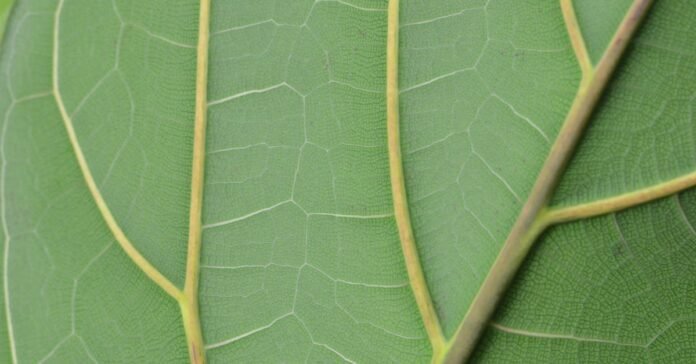If you are looking to start your own organic garden, there are a few tips that will help you steer clear of the main problems people tend to encounter when they begin their own gardens from scratch. The following article presents general guidelines that will lead you to successful planting.
Reduce the need for pesticides in your garden by planting native crops. Native plants will have a better resistance against the bugs and bacteria of your area, and will be better equipped to compete with native weeds. Native plants will attract beneficial native insects, such as ladybugs, which can naturally control pest problems without the need for chemicals.
Use companion plants. Companion planting is the pairing of plants within your vegetable garden, such as planting cabbage with tomatoes. Companion planting helps reduce the problems with insect pests, as it attracts natural pest-controlling wildlife. Companion planting is also a better use of the space in your garden, since you basically have two plants in the same plot.
Your plants need to be fed properly as soon as they start sprouting leaves. If you did not use compost in your soil, you have to fertilize your plants. You can mix water with a liquid fish or sea weed solution and spray it on your plants, or add this mix to the water in which your trays and pots are bathing.
Learn to water your garden efficiently. A soaker hose can be laid in the garden and left on with low water pressure. This frees you up from having to hand-water the plants, so you can do other gardening work. Take care with seedlings, though — they are still delicate and need to be watered by hand.
Use soap on your plants. Not much is worse than a bad aphid infestation. Your plants will look terrible, and eventually die, if the bugs continue to work on your plants. To get rid of them now, fill a spray bottle with dish soap and water. Spray thoroughly, and repeat as needed.
Research plants before bringing them home. When you are trying to get the best plants for your organic landscape, you should take the time to get educated. Chose plants that are suited to growing conditions you already have, rather than trying to build an environment for a plant you didn’t properly plan for.
To help spread mulch easily, you can use a flat-head rake or a bow. If you are using a rake, you should use the rakes tined edge to pull and spread your mulch. Use the flat side of the rake to even your mulch on the bed. You will want to use a light push then pull action.
If you have low-growing weeds, such as lamium or chickweed, use a fast method to remove them. If your weeds have grown into a mat, you can use a sharp spade to slice beneath the weeds. Once the weeds are cut, you should turn them over which will bury the leaves. The leaves will rot and nourish your soil.
If you have a problem with aphids, consider using ladybugs. Ladybugs are natural predators to aphids, and they are very effective in keeping the aphid population under control. You can buy them in bulk from a garden center or online. This is a much better solution than spraying your plants with pesticides.
Feed your roses naturally. You don’t need to use chemical fertilizer to feed roses. Bury banana skins and crushed eggshells near the roots of rose bushes to supply them with extra vitamins and minerals. 1 tablespoon of Epsom salts dissolved in 1 pint of water is a marvelous pick-me-up for roses, and if you grow garlic around your rose bushes, it will help to keep them free of greenfly.
Test your soil before starting your organic garden. A healthy soil is the primary ingredient in a healthy garden. If you start by testing your soil, you will know what nutrients it lacks, and also which nutrients are in over abundance. Once you find out where your soil stands, you can make natural modifications to help ensure a healthy start for your garden.
When you are ready to mulch, choose an organic mulch. Cocoa hulls or weed-free straw are great examples. The mulch will eventually decompose and add rich, organic nutrients to your soil. Just add a couple of inches to your garden each year and you will see the long-term benefits.
When you are maintaining acid loving plants mulch your soil with pine needles every fall. As the pine needles decompose over the winter months they will deposit their acid into the soil and give your acid loving botanicals what they need to thrive instead of relying on harsh chemical fertilizers.
Organic gardens are becoming more and more popular these days. Learning to garden without dangerous chemicals is good for the environment as well, not to mention for your own health. Knowing some basic rules of gardening, as well as understanding your climate and its limitations, will help you sustain your garden long term.


